If only the end of the financial year was as fun as the end of the calendar year!
But alas, for many business owners, the approaching financial year’s end is anything but a party. As 31st March approaches, numerous deadlines and chores lie in wait, and it can all get a bit confusing.
But this time of year doesn’t have to be stressful.
With proper planning, you can survive tax time without tearing your hair out. This blog will tell you what you need to do and what you need to consider around the end of financial year – so let’s be proactive and get going!
End Of Financial Year – Here’s What You Need To Know
Filing Your Return
The financial year officially ends on the 31st of March. If you are using an accountant, you generally have 12 months to file your tax return, although we aim to get it sorted for you much faster than that! The latest date you can pay tax on your 2022 income is 7th April 2023.
If you are choosing not to use an accountant (though we wouldn’t recommend that!) your tax return will need to be filed by 7th July 2022.
Planning For Payment
Just because you have 12 months to file your tax return doesn’t mean you can stash it in a folder and forget about it until next year. Nobody likes a tax surprise, so you are going to want to have some idea of your likely tax bill well ahead of time.
If you are on Xero, we will give you an early indication of what to expect. That way, you can sleep a little easier knowing roughly how much tax you will need to pay.
Your Annual Chores
There’s a lot to be done before the end of the financial year, but it doesn’t need to be overwhelming. Many of these tasks can be done well ahead of time, so you are not buried in paperwork in the last few weeks of March.
Tackle these chores one by one to stay on top of things.
- Write off bad debts - If you have unpaid invoices that are unlikely to be paid, you should consider writing them off as a bad debt. These should be physically recorded as bad debts in Xero before the end of the financial year. For more info on how to decide if a debt is ‘bad’ and what to do about it, pop over to this blog.
- Stocktake - This is a last-minute job because you want your data to be as accurate as possible. Count all the items of stock that you have on hand at the end of financial year. You’ll need to provide a list of the stock on hand and how much it cost you to buy or make it.
- Asset purchases - The IRD allows businesses to claim the full amount of lower value equipment in the year you buy it. Assets under $1,000 can be claimed in full this year. There is no tax advantage in buying assets over $1,000 late in the financial year. So unless you're going to get a great deal on the price, don't rush out to spend money in the hopes it will save you a few dollars on your taxes.
- Take a photo of your odometer - If you are claiming mileage rates for your car, then you need to take a photo of your odometer on the 31st March each year. This is an IRD requirement if you want to claim more than 3,500km at the top mileage rate.
Collect Your Records
Tax time is all about collecting those lovely records you have been painstakingly keeping for the last 12 months. You will never appreciate your accounting software more than you will during this period!
Thanks to technology, the old days of sending in a shoebox of receipts and invoices is behind us. However we still need to collect some paperwork from you (preferably electronically). Most phones have a scanner app built in, which makes it easy to scan and save any essential information sent to you by snail mail.
Here’s what you need to do...
- Collect essential records - You will need to collect your bank statements, credit card statements, loan & HP statements, dividend statements, income protection statement and donations receipts. Reconcile bank accounts - Reconcile all of the transactions for each of your business bank accounts and ensure they match the balances of your bank statements.
- Gather employee data - You will need to provide a your accountant with a copy of your payroll information. This is simple to obtain from your payroll software.
- Check for expenses paid by you personally - If you have paid for any business expenses from your personal accounts, gather your receipts and prepare a summary so that these can be claimed in your business tax return.
- Consider home office expenses - If you work from home (and lets face it, who hasn’t in the past year), you can also claim some of the associated costs of running a home office. IRD has a set rate per square metre for the cost of utilities which helps reduce the amount of paperwork required.
End of financial year only comes around once a year, but life is much easier if you spend the year preparing for it. The best way to do this is to stay on top of your records, and keep all your financial data up to date and organised.
Remember, you don’t have to do it all alone. Using an accountant helps you maximise your refunds, meet your deadlines, and fill in all the details that you may not have your head around just yet.
So, if you want to cruise through end of financial year every year, then get in touch with me here at Trio Accounting.





